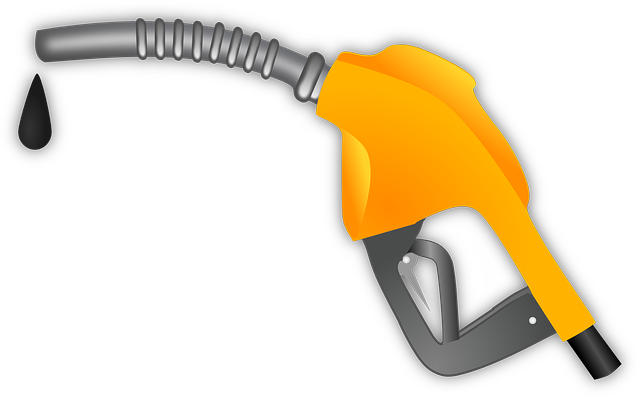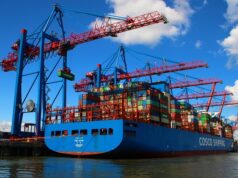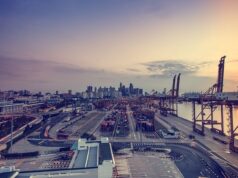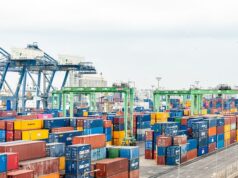The Philippine government will finally implement next year its fuel marking system to curb oil smuggling and plug revenue losses from illegal importation and misdeclaration of fuel.
The Bureau of Customs and Bureau of Internal Revenue have recently created the draft implementing rules and regulations for fuel marking as well as awarded the contract to joint venture Switzerland-based SICPA SA and SGS Philippines, requisites to executing the system.
In a statement, BOC said the winning bidder has 30 days from October 30, the contract signing date, to submit the system’s master plan.
Marking of petroleum products, whether imported or manufactured in the Philippines, will become mandatory five years after the Tax Acceleration for Acceleration and Inclusion (TRAIN) law took effect on January 2018.
Fuel marking is required on all petroleum products that are refined, manufactured, or imported into the Philippines and that are subject to the payment of duties and taxes such as but not limited to gasoline, denatured alcohol used for motive power, kerosene, and diesel fuel oil after the taxes and duties have been paid.
The system will monitor all locally-refined finished oil products to ensure correct payment of corresponding excise taxes and value-added tax.
Costs related to the procurement of the official fuel markers will be shouldered by the refiner, manufacturer or importer of petroleum products, according to TRAIN.
During the first year of implementation, government may subsidize the cost of official fuel markers.
Under the terms of the contract, SICPA and SGS will establish and operate a fuel marking system that will supply and inject fuel markers on all taxable fuel products except Jet A-1, Avgas, crude oil, and liquefied petroleum gas.
It will also implement and manage a nationwide fuel testing program, including fuel analysis and data management, and provide training to ensure transfer of technology to BOC and BIR personnel.
The Department of Finance, BOC and BIR’s mother agency, has estimated revenue losses (VAT and excise taxes) from smuggled or misdeclared fuel at P26.87 billion (about US$565.68 million) in 2016 alone.
The Asian Development Bank has pegged the losses at a higher figure of P37.5 billion annually, while a study commissioned by the local oil industry places them at an even higher P43.8 billion per year.
The Institute for Development and Econometric Analysis has estimated that “smuggled gasoline accounts for an average of 23% of gasoline consumption from 2000 to 2006,” while “smuggled diesel accounts for an average of 6%.”









